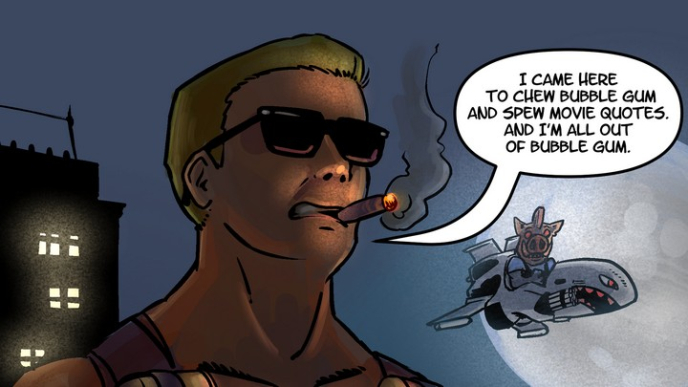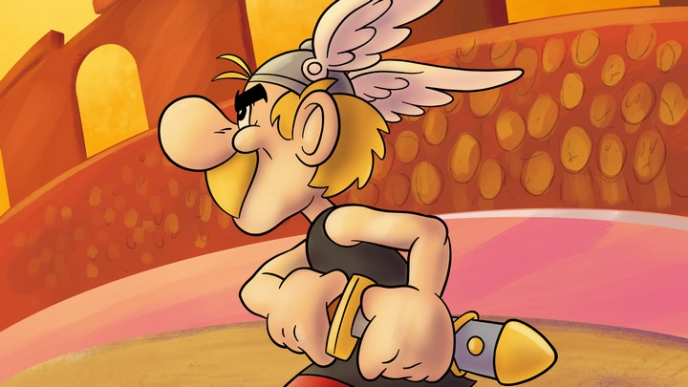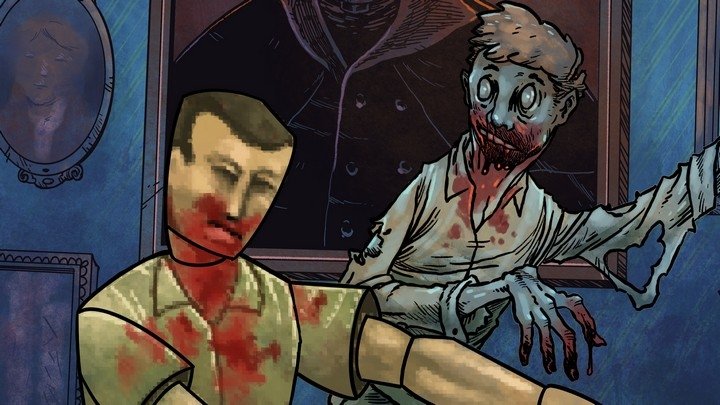Retronauts Episode 440: Resident Evil vs Resident Evil vs Resident Evil
Wow, what a podcast!

1996 | MARCH: Capcom releases a new video game for the Sony PlayStation, Resident Evil. With its three-dimensional graphics, fully voiced characters, and ghastly violence, the game turns a lot of heads and becomes an early standout title for the console. Resident Evil sold millions of copies, defined a genre, and became a new hit franchise for Capcom.
2002 | MARCH: Capcom releases a new video game for the Nintendo GameCube, Resident Evil. It's a remake of the PlayStation original with all-new graphics and a less-cringey localization, but otherwise it upholds the tone and mood of the first game while (re)introducing the Spencer Mansion to a new audience.
2002 | MARCH: Sony releases a live-action motion picture in cinemas worldwide, Resident Evil. Loosely adapted from the video game series, it garners little critical acclaim but it pulls in big bucks despite its R-rating, leading to multiple sequels.
2022 | MARCH: Diamond Feit, Stuart Gipp, and No More Whoppers' Alex Fraioli discuss all of these Resident Evils on our podcast and pick their favorite version. This isn't the first episode of our show about the grandfather of survival horror, but it has been awhile: We last tackled all three PS1 games in episode 65 and covered the 2002 movie waaaay back during our 1up days. Also, here's that 2022 Shinji Mikami/Jun Takeuchi interview we reference in our conversation (and I apologize for misremembering the name of famed video game producer Tokuro Fujiwara).
Description: Diamond Feit, Stuart Gipp, and Alex Fraioli break out the ink ribbons and travel back to 1998 to investigate bizarre murders outside Raccoon City in this episode about Resident Evil (1996, 2002, and 2002 again)
Retronauts is a completely fan-funded operation. To support the show, and get exclusive episodes every month, please visit the official Retronauts Patreon.
MP3, 50 MB | 1:46:17 Direct download Retronauts on iTunes Retronauts at Libsyn
Artwork for this episode by John Pading and editing thanks go to Greg Leahy.



